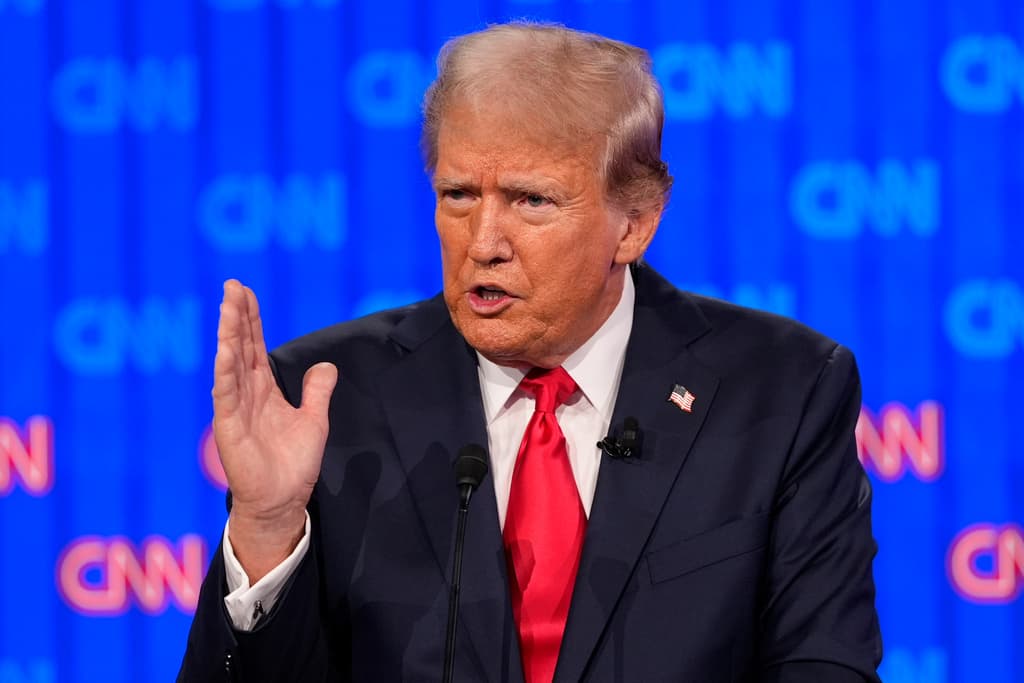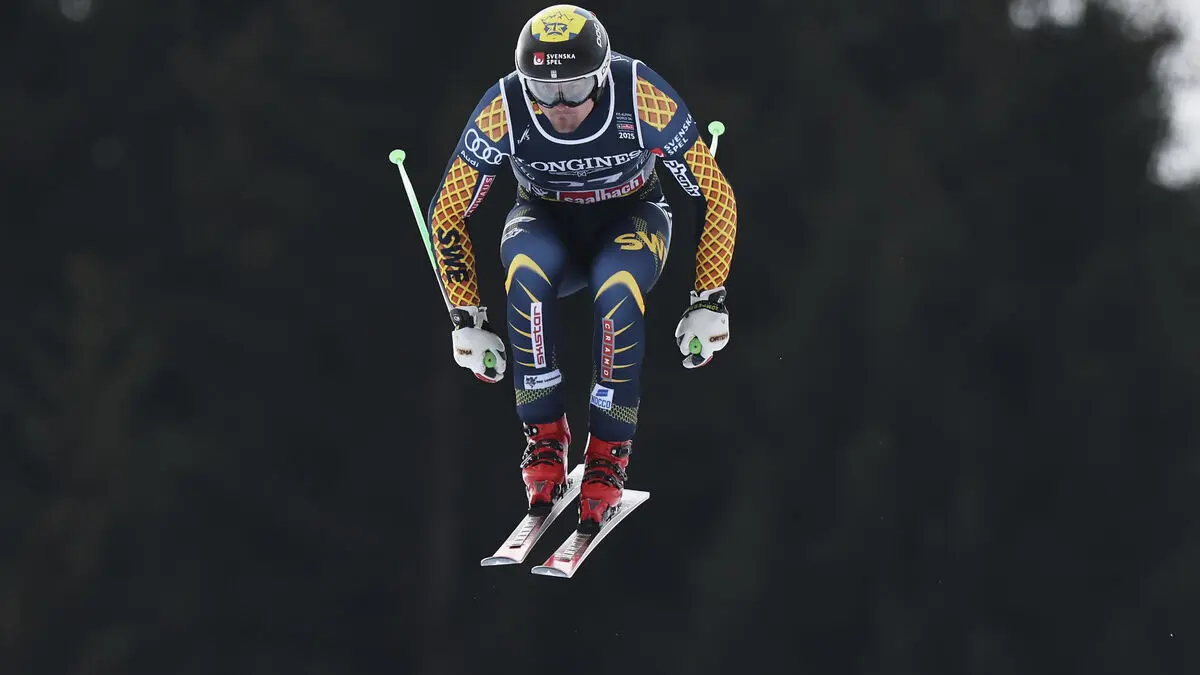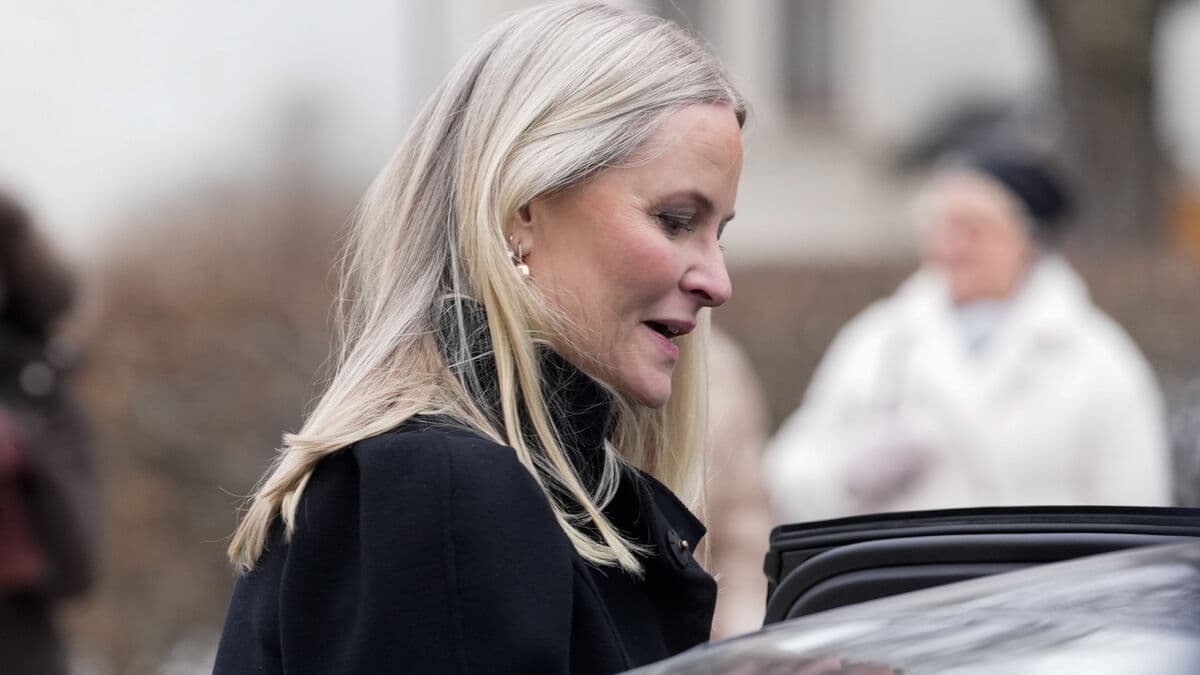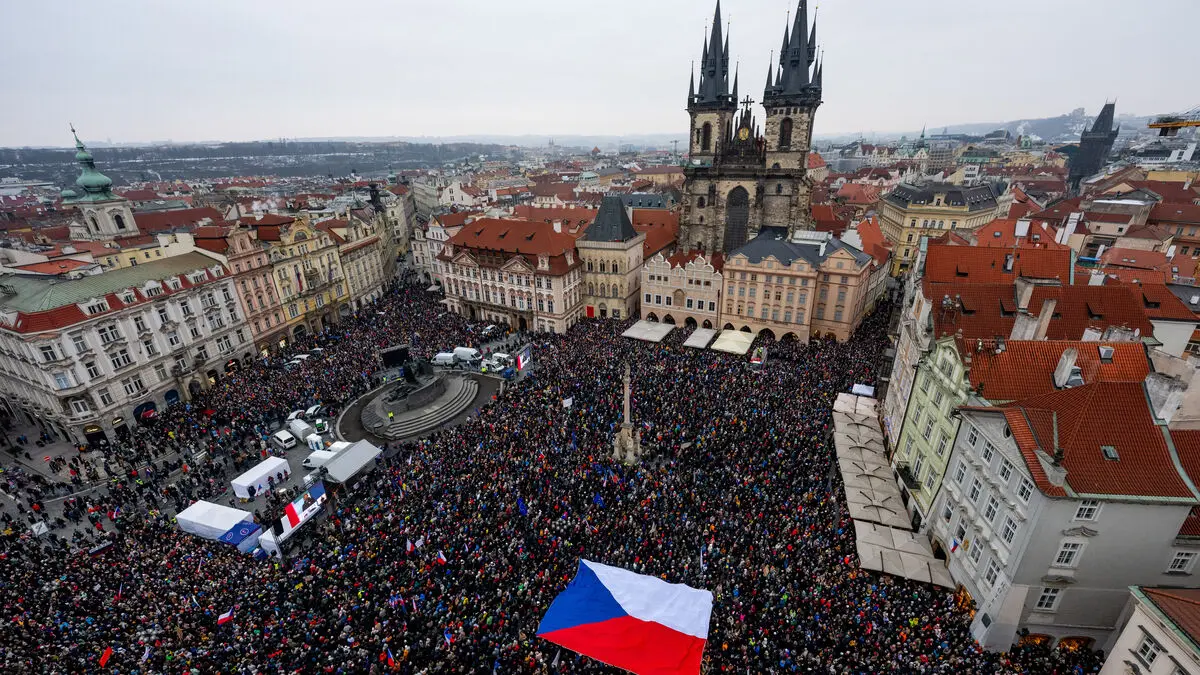It was expected.
That's what USA expert Jan Hallenberg says about the US Supreme Court not being able to decide whether Donald Trump's actions before the storming of the Capitol on January 6, 2021, are covered by presidential immunity.
It was a fairly reasonable and expected verdict that they distinguished between public power exercise and private behavior, says Jan Hallenberg, political scientist at the Foreign Policy Institute and professor emeritus of political science at the Defense University.
In a verdict on Monday, the Supreme Court ruled 6-3 that former presidents have immunity if their actions are deemed to have taken place within the office, but not if they acted as private individuals.
However, the Supreme Court does not take a stance on which individual actions are one or the other, but rather leaves it to a lower instance to decide – which means there will be no trial in the case before the presidential election in the fall, according to Hallenberg.
If Trump wins, he will drop the charges, and it's terribly unfortunate that it can't be legally tried, he says, adding that Trump sees the verdict as a major victory.
Trump will now be even happier because he realizes he won't have to go to jail.
The Supreme Court's verdict means that Trump will not have to undergo any major interrogations – about exactly what he and his colleagues did on January 6 – which could be very damaging to his election campaign, according to Hallenberg.
If Trump is not elected president in November, the case will be taken up again.
It's a crucial watershed whether he's elected or not.






